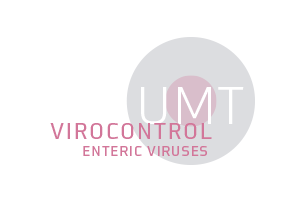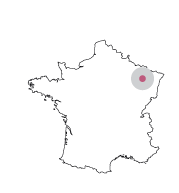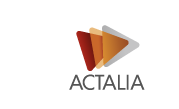
Coordination
Partners
Objectives
Enteric pathogenic viruses, and in particular human noroviruses and the hepatitis A virus (HAV), in food and water are one of the biggest food-related epidemiological hazards in Europe and the USA. However, there are not currently any regulatory criteria concerning these enteric viruses in Europe.
Launched in 2012, the Actia Virocontrol Joint Technological Unit focuses on the issue of enteroviruses that can infect humans through food and the environment. Noroviruses and the HAV are a major source of concern for the authorities, the mollusc farming industry, the fresh and frozen vegetable processing production and processing industries, and water treatment authorities. The impact of viral food epidemics and crises in Europe, the tightening of health restrictions, and easier access to research on these viruses in high-risk food require us to implement sustainable management measures to reduce the inherent risk of certain supply chains.
The programme of this Joint Technological Unit, based in Villers-lès-Nancy, was renewed in January 2022 for another five-year period. Based on the knowledge developed during past editions, the aim of this Joint Technological Unit is to improve the characterisation and control the danger of noroviruses and the HAV in food and the environment – from primary production to the finished product.
Actions
Monitoring the danger related to the presence of noroviruses and the HAV in food and the environment.
Developing and approving reliable methods for estimating the presence of infectious viruses in bivalve molluscs and vegetables using faecal bacteriophages as indicators.
Using sentinel species to actively monitor viral sources of pollution of food through water.
Reducing the risk of viral infection through food production and water.
Identification of suitable model viruses for disinfection at the laboratory level.
Approval of viral decontamination strategies at the industrial level - approaches for modelling viral inactivation.







